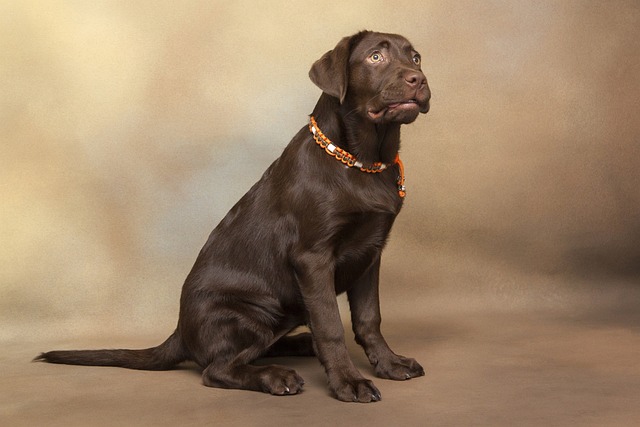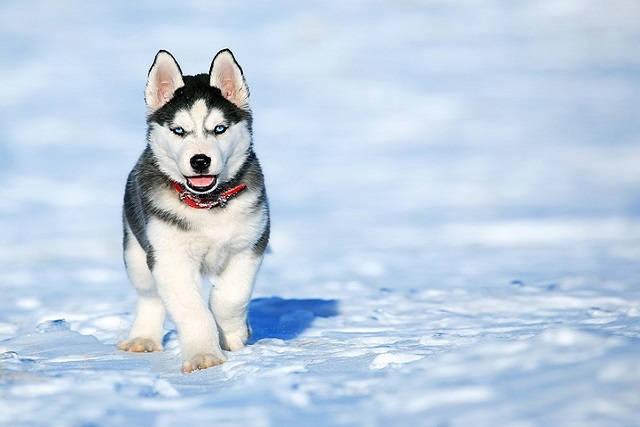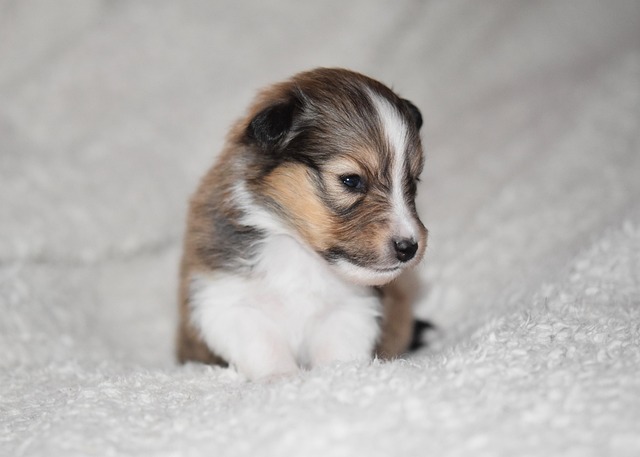
What is the best parasite prevention for dogs
If you’ve ever found a tiny black flea darting through your puppy’s fur or noticed your dog gnawing at their paws nonstop, you know how frustrating parasites can be.
On a peaceful night, as the world gradually falls asleep, the dog at home should also be peacefully sleeping in its warm nest. However, for dogs that suffer from nighttime separation anxiety, the night has become their 'agonizing moment'. As the closest companions of dogs, we long to be able to keenly detect their discomfort and provide timely help and comfort. So, what are the signs of separation anxiety in dogs at night?
From a behavioral perspective, abnormal barking at night is one of the most intuitive signs of separation anxiety in dogs. When night falls, the owner enters the bedroom to rest and temporarily separates from the dog. Dogs with separation anxiety may start barking continuously. This kind of barking is different from their short, alert barking when they hear unfamiliar sounds or perceive danger, but it is a long, uninterrupted sound that seems to be full of anxiety and loneliness. They may keep barking near their dog kennel, bedroom door, or window in an attempt to catch their owner's attention, as if shouting, "Master, I'm afraid, don't leave me." Some dogs may even bark until their voice is hoarse, making people feel heartbroken.
Destructive behavior is also a common sign of nocturnal separation anxiety in dogs. When dogs face the darkness alone and have nowhere to relieve their inner anxiety, they may release their emotions by destroying objects around them. They may bite furniture, scratch doors or floors, trying to find a way out and escape from the environment that makes them feel uneasy. Once upon a time, there was a pet owner who woke up in the morning to find that the sofa at home had been bitten by a dog and was unrecognizable, and the carpet was also covered in scratches. Later on, I realized that dogs express their pain through disruptive behavior due to nighttime separation anxiety.
Paceming and restlessness are also obvious manifestations of separation anxiety in dogs at night. At night, dogs with separation anxiety are unable to rest quietly as they normally would. They will keep pacing around the room, walking from the living room to the bedroom door, and then back to the dog house from the bedroom door, back and forth, with hurried and panicked footsteps. Their eyes reveal anxiety and confusion, and their ears may remain upright, constantly paying attention to the movements around them, trying to capture their master's voice. Their bodies may also appear tight, and their tails may be caught between their legs, which is an external manifestation of their inner fear and unease.

From physiological signs, frequent urination or defecation at night may be a signal of separation anxiety in dogs. When dogs are in an anxious state, their endocrine system is affected, leading to dysfunction of the urinary and digestive systems. They may frequently urinate or defecate at night, and these excretory behaviors are often uncontrolled, even appearing in places where they do not normally excrete, such as corners of the living room or the master's bedroom. This is not intentional disturbance by dogs, but rather anxiety that prevents them from controlling their physiological reactions as usual. Owners may wake up in the morning and find their dog's excrement everywhere, which not only causes trouble with cleaning, but also makes them aware that their dog may be suffering from nighttime separation anxiety.
Changes in appetite are also a sign of separation anxiety in dogs at night. Some dogs may experience loss of appetite during nighttime separation anxiety. They may lose interest in their favorite food, and even if their owner brings the food to them, they only smell it and turn around to leave. This is because anxiety affects their nervous system and suppresses appetite. Other dogs may experience binge eating and attempting to alleviate their inner anxiety through eating. They will devour a large amount of food greedily, even sweeping away the food in their food bowl, and constantly searching for other edible things. This extreme change in appetite is caused by dogs coping with the psychological pressure of separation anxiety through diet.
Sleep problems also plague dogs with nighttime separation anxiety. Under normal circumstances, dogs should be able to fall asleep peacefully and enter sweet dreams at night. However, separation anxiety makes it difficult for them to relax and enter a deep sleep state. They may wake up frequently, fall asleep for a short time each time, and have poor sleep quality. During sleep, they may experience convulsions, tremors, and other symptoms, as if they are also experiencing the fear of separation in their dreams. Some dogs may even be unable to sleep all night, staying alert and staring at the door, waiting for their owner to appear. Owners may hear their dogs make slight whimpering sounds at night, which is actually a reaction they experience due to anxiety while sleeping.
There are various signs of separation anxiety in dogs at night, and each sign is like a distress signal they send to us. As owners, we should always pay attention to the behavior and physiological changes of our dogs, promptly detect these signs, and provide them with sufficient care and assistance. Because dogs give us unconditional loyalty and companionship, their world is simple and pure, and we are their entire life. So, we should do our best, with patience and love, to help dogs overcome nighttime separation anxiety, so that they can feel warmth and peace of mind even in peaceful nights, and spend every beautiful day happily. Let us write warm and beautiful stories during our time with dogs, paying attention to their emotional needs. Let this precious bond between humans and pets shine even brighter under our careful maintenance.

If you’ve ever found a tiny black flea darting through your puppy’s fur or noticed your dog gnawing at their paws nonstop, you know how frustrating parasites can be.

That pit in your stomach as you grab your keys, hearing the frantic scratching at the door already starting. The drool puddles,

When we gaze into a dog's eyes, those clear pupils resemble lakes reflecting stars, brimming with trust and dependence on the world.

On a peaceful night, as the world gradually falls asleep, the dog at home should also be peacefully sleeping in its warm nest. However, for dogs that suffer from nighttime separation anxiety,

When we happily welcome a Labrador puppy into our home, looking at its chubby body and unsteady steps, our hearts are filled with anticipation for its future growth.

When you joyfully welcome a furry teddy bear into your home, its round eyes, curly fur, and every move melt your heart. However, as time passed, dog hair began to dance around the house,